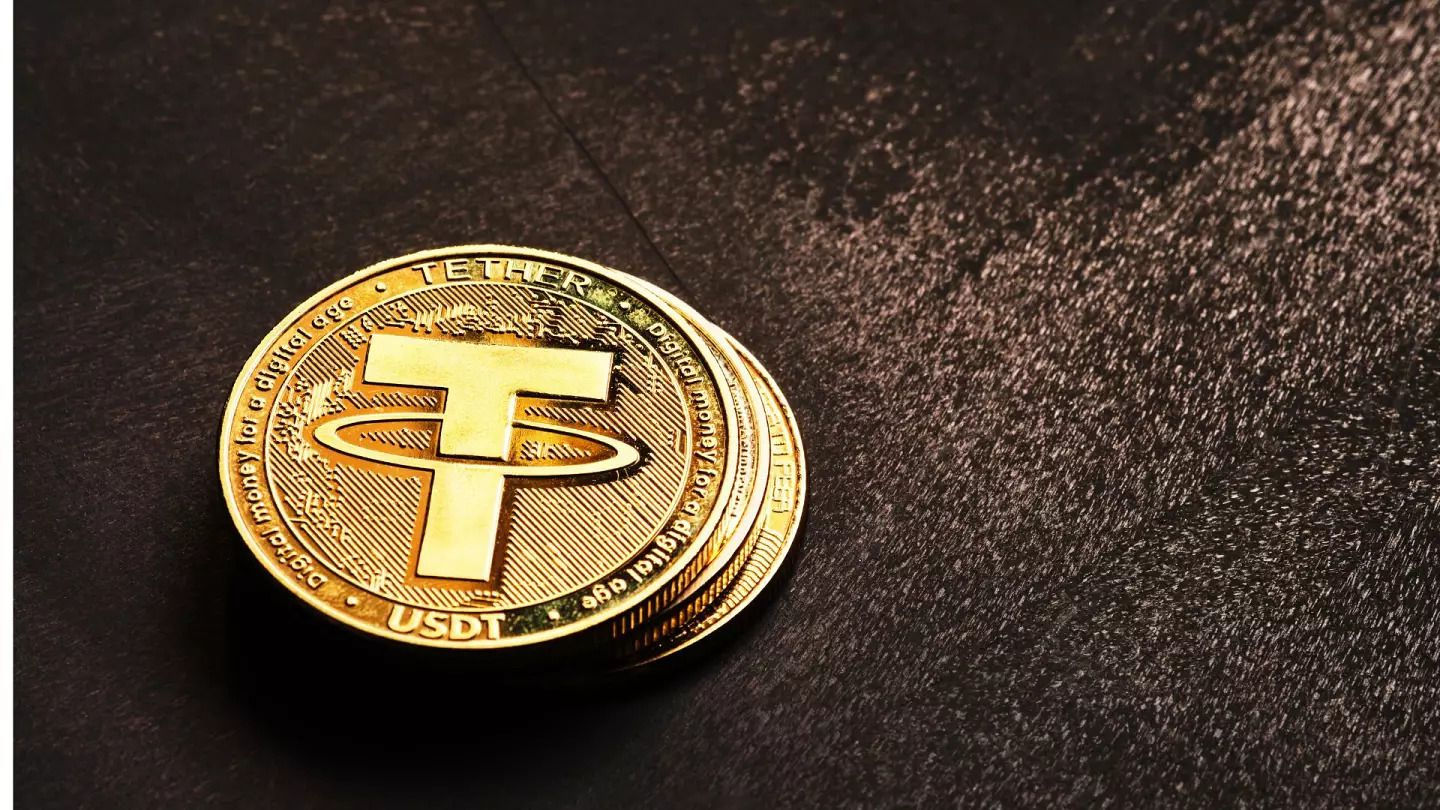The Hong Kong Monetary Authority stated that it proposes to bring certain activities related to stablecoins into regulation and expects to implement regulatory arrangements within two years.
On January 31, the Hong Kong Monetary Authority (hereinafter referred to as the HKMA) released the consultation summary of the discussion paper on encrypted assets and stable coins (hereinafter referred to as the “Summary Document”) on its official website. The HKMA stated that it has received a total of 58 responses to the discussion paper on encrypted assets and stablecoins from the industry, public institutions, business and professional groups, and individuals. In general, respondents support a risk-based and flexible approach to the regulation of stablecoins, and generally support considering the latest developments in the market and referring to relevant discussions of international regulatory organizations when constructing relevant regulatory regimes.

Consultation summary of the discussion paper on encrypted assets and stable coins, the picture comes from the official website of the Hong Kong Monetary Authority
Stablecoin-related financial activities may generate greater concentration risks and conflicts of interest
The summary document mentioned that in 2022, two types of major events will mainly occur in the encrypted asset market. In May last year, TerraUSD (hereinafter referred to as UST), the algorithmic stable currency with the largest market value at that time, was decoupled from the U.S. dollar, and its stability mechanism collapsed. UST originally tried to maintain a balance between supply and demand by establishing an arbitrage mechanism with its sister token Terra (LUNA). After selling back, both fell into a “death loop” and almost collapsed. Subsequently, the value of the stable currency Tether (i.e. USDT) also fell to 0.95 US dollars at one point, and it was almost decoupled. Authorities around the world have expressed renewed concern about stablecoins in the wake of such incidents.

USD-pegged stablecoin Tether
On the other hand, some crypto exchanges have hit a wall in the last year. In November last year, FTX, one of the major crypto asset exchanges, suspended withdrawals and subsequently declared bankruptcy in the United States, and its native token FTT collapsed. The FTX bankruptcy has created a chain reaction that hastened the collapse of other companies in the crypto asset market. As the situation progressed, more and more signs pointed to the company’s operational and governance problems, including the FTX founder being accused by the United States of improperly using client funds to support Alameda Research, another entity he created.
The Monetary Authority stated that although the aforementioned market incidents are not limited to stablecoins, from the perspective of stablecoins, these incidents have exposed loopholes in governance, management, stability mechanisms, transparency, and disclosure of information to users. fail. In addition, certain financial activities related to crypto assets or stablecoins have similar risks to traditional financial services, and some crypto transactions are conducted in a bundled manner, such as by the same entity or different affiliates of the same financial group, so there may be relatively high risks. Large concentration risk and conflict of interest.
Bring key stablecoin-related activities under mandatory licensing regime
Based on the aforementioned market background and related consultation responses, the HKMA emphasized that it is recommended to bring certain activities related to stablecoins into regulation , and expounded the expected regulatory scope and main regulatory requirements in the summary document.
The summary document states that key activities related to stablecoins will be subject to a mandatory licensing regime. Key activities related to stablecoins include: establishing and maintaining regulations governing stablecoins; issuing, creating or destroying stablecoins; stablecoin stability and reserve management arrangements; storing user encryption keys, enabling users to access stablecoin holdings; Coin and manage wallet services, etc. In this regard, the HKMA will establish a comprehensive regulatory framework, including but not limited to formulating appropriate regulatory frameworks in terms of ownership, governance and management, financial resource requirements, risk management, anti-money laundering and anti-terrorist financing, user protection, regular audit and disclosure requirements, etc. regulatory requirements. Its regulatory requirements will also include: the value of the stable currency’s reserve assets should always meet the value of the outstanding stable currency; regulated entities must not engage in activities that deviate from their business licenses, such as stable currency wallet operators should not engage in lending activities, etc.
The HKMA emphasized that it will adopt a risk-based approach to define the regulatory scope of stablecoin types under the proposed management system. The HKMA will first regulate stablecoins involving one or more fiat currencies, as such stablecoins may pose greater risks to money markets and financial stability. At the same time, the HKMA will take into account flexibility so that other types of stablecoins can be included in the scope of supervision under the future regulatory regime. Currently, the HKMA is weighing the pros and cons of introducing new legislation versus amending existing legislation to implement a stablecoin regulatory regime.
Yu Weiwen, President of the Hong Kong Monetary Authority, said that an appropriate regulatory environment will help address the financial stability risks that stablecoins may bring, and promote the orderly and sustainable development of the industry. ” We expect to implement regulatory arrangements in 2023 or 2024. “
media reports
Interface 36Kr surging news
related events
- Hong Kong Monetary Authority: Incorporate stable currency-related activities into supervision and expect to implement within two years 2023-01-31
- ECB says stablecoin rules must be implemented as soon as possible 2022-07-11
- G7 Draft: Supervision is not in place and opposes Facebook’s launch of Libra stable currency2020-10-13
- The UK may set up a special regulatory agency: targeting giants such as Facebook and Google2019-04-09
This article is transferred from: https://readhub.cn/topic/8n1FsYVJbMh
This site is only for collection, and the copyright belongs to the original author.